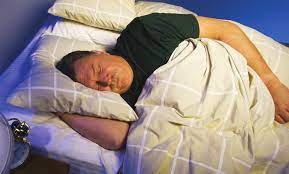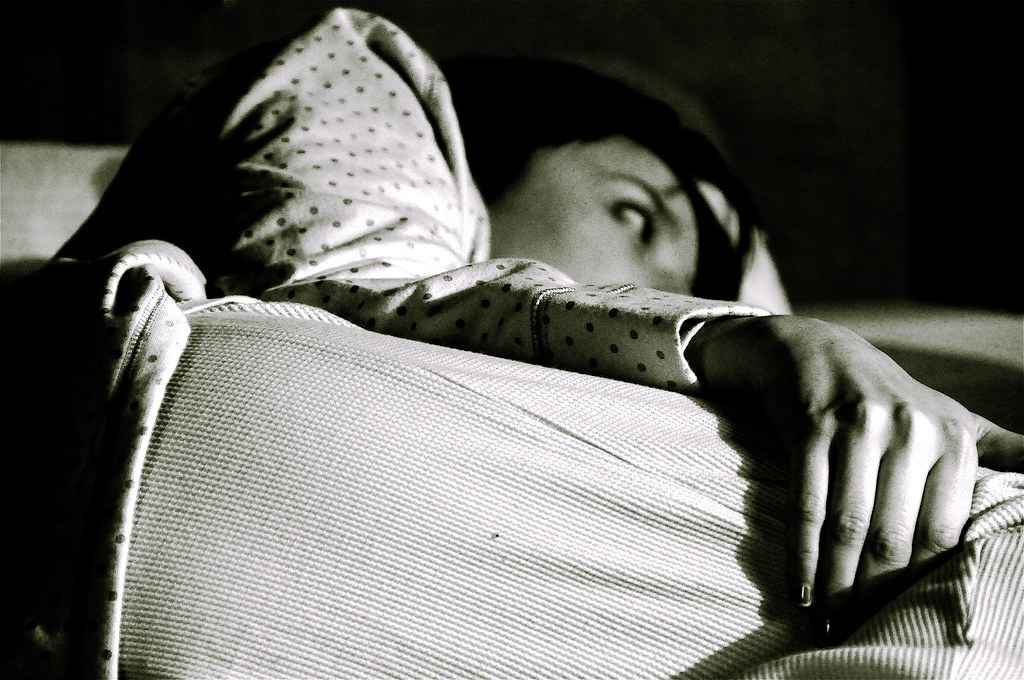Insomnia is a common sleep disorder that affects millions of people worldwide. It can cause difficulty falling asleep, staying asleep, or waking up too early, leading to daytime fatigue, mood disturbances, and poor overall quality of life. While there are various treatments available for insomnia, including medication and therapy, researchers have been exploring a new approach involving the stimulation of the vagus nerve. In this blog post, we will explore what the vagus nerve is, how it relates to sleep, and how vagus nerve stimulation may be a promising new therapy for treating insomnia.
Contents
What Is Vagus Nerve Stimulation?
Vagus nerve stimulation (VNS) is a form of treatment. This involves the use of a small device to stimulate the vagus nerve, a major nerve that runs from the brainstem to the abdomen. It involves various bodily functions, including digestion, heart rate, and breathing. The device, typically implanted under the skin on the chest, sends electrical impulses to the vagus nerve, which then travels to the brain, where they can affect various neurological and physiological processes. VNS represents a novel approach to addressing sleep disorders that may offer new hope to those who struggle with insomnia.
Does Vagus Nerve Affect Sleep?

Yes, the vagus nerve can affect sleep in several ways. The vagus nerve affects regulating many bodily functions, including heart rate, digestion, and breathing. All of these are important for healthy sleep. Here are some of the ways in which the vagus nerve affects sleep:
- Regulating the sleep-wake cycle: The vagus nerve helps to regulate the circadian rhythm, the body’s internal clock that controls the sleep-wake cycle. Disruptions to the vagus nerve function can lead to sleep disturbances and insomnia.
- Promoting relaxation: The vagus nerve helps to activate the parasympathetic nervous system, which is responsible for promoting relaxation and reducing stress. This can help to prepare the body for sleep and improve sleep quality.
- Regulating breathing: The vagus nerve is involved in regulating breathing patterns during sleep. Disruptions to the vagus nerve function can lead to breathing problems, such as sleep apnea, which can cause sleep disruptions and reduce sleep quality.
- Regulating heart rate: The vagus nerve helps to regulate heart rate and blood pressure during sleep. Disruptions to the vagus nerve function can lead to changes in heart rate, which can affect sleep quality.
In summary, the vagus nerve plays a critical role in regulating many of the physiological processes that are important for healthy sleep. Dysfunction of the vagus nerve can lead to sleep disturbances and insomnia. Vagus nerve stimulation may be a potential therapy for improving sleep quality and reducing insomnia by regulating these processes.
How To Stimulate Vagus Nerve For Insomnia?
There are several ways to stimulate the vagus nerve for insomnia, including non-invasive techniques that can be done at home or in a clinical setting. Here are some of the methods:
- Deep breathing: Slow, deep breathing exercises, such as diaphragmatic breathing or belly breathing, can stimulate the vagus nerve and promote relaxation, which can help with insomnia. You can do it by inhaling slowly through the nose, allowing the belly to expand, and exhaling slowly through the mouth.
- Meditation: Mindfulness meditation and other forms of meditation can also stimulate the vagus nerve and promote relaxation. Regular meditation practice is effective to improve sleep quality and duration in people with insomnia.
- Acupuncture: Acupuncture, a traditional Chinese medicine practice, involves the insertion of thin needles into specific points on the body to stimulate various physiological processes, including the vagus nerve. Some studies have found that acupuncture may help improve sleep quality in people with insomnia.
- Transcutaneous Vagus Nerve Stimulation (tVNS): tVNS is a non-invasive technique that involves the application of mild electrical stimulation to the skin overlying the vagus nerve, typically on the ear or neck. This requires a transcutaneous electrical nerve stimulation (TENS) machine or a handheld tVNS device. According to studies, tVNS help improve sleep quality in people with insomnia.
- Implantable Vagus Nerve Stimulation (iVNS): For severe cases of insomnia, implantable vagus nerve stimulation may be an option. This involves the surgical implantation of a small device under the skin on the chest, which delivers electrical impulses directly to the vagus nerve. However, this is a more invasive and costly option that is typically reserved for some people.
Overall, it is always advisable to consult with a healthcare provider before trying any new treatment for insomnia or other sleep disorders.
Does Ice Stimulate The Vagus Nerve?

Cold exposure is an effective way to activate the vagus nerve. However, there is limited evidence to suggest that applying ice directly to the body can stimulate the nerve. The vagus nerve is a complex and multifaceted nerve that runs throughout the body, and functions. This includes respiration, heart rate, and gastrointestinal activity. Some studies have shown that cold exposure, such as immersing the face in cold water, can increase vagal tone, which is a measure of the activity of the vagus nerve. However, it is important to note that this is a temporary effect. It requires more research to determine the long-term effects of cold exposure on the vagus nerve and overall health. It is always advisable to consult with a healthcare provider before trying any new treatment or therapy for health conditions.
Conclusion
In conclusion, Vagus nerve stimulation is a promising new approach to treating insomnia, a common sleep disorder that affects millions of people worldwide. This non-invasive and minimally invasive therapy has been shown to improve sleep quality and duration in some studies, and it may hold promise for people who have not responded to other forms of treatment. By stimulating the vagus nerve, VNS may help regulate the sleep-wake cycle, promote relaxation, and reduce hyperarousal, all of which can contribute to insomnia. However, further research is needed to fully understand the potential benefits and limitations of VNS for insomnia. It is important to consult with a healthcare provider before trying any new treatment for sleep disorders.
For more information, please contact MantraCare. Sleep is an essential part of our daily routine and it plays a significant role in maintaining a healthy body and mind. If you have any queries regarding Online Insomnia Counseling experienced therapists at MantraCare can help: Book a trial therapy session


